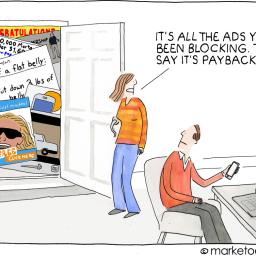San Jose could be first California city to get Google Fiber service
Google is moving forward with plans to expand Google Fiber into the heart of Silicon Valley, potentially making San Jose the first city in California and fourth in the nation to carry the Mountain View technology giant's lightning-fast fiber Internet and TV service.
San Jose leaders remained tight-lipped about the expansion plans Tuesday, but Google has applied for permits to build two of the shed-like shelters -- called "Fiber Huts" -- to house its fiber cables on Santa Teresa Boulevard, near Thornwood Drive, and Bird Avenue, near Virginia Street. The company plans to build at least eight more, city documents show.
City Hall sources say an official announcement about Google Fiber's expansion into San Jose could come as early as late November or early December.
Google's bid to bring Fiber to the city, which comes after more than a year of courtship between Google and City Hall, would make San Jose one of the largest cities to offer the fiber-optic service, which promises faster Internet with a connection of up to 1,000 megabits per second.
Today, Google Fiber is only available in Austin, Texas; Kansas City, Missouri; and Provo, Utah -- but rollout plans are underway in six other major cities, including Nashville, Atlanta and Salt Lake City. Google is also in talks with city officials in Palo Alto, Sunnyvale, Santa Clara and its home base of Mountain View about installing Fiber infrastructure. San Diego and Irvine are the only two other California cities being considered for the service.
http://www.mercurynews.com/bay-area-news/ci_28996963/google-fiber-gears-up-expand-san-jose
San Jose leaders remained tight-lipped about the expansion plans Tuesday, but Google has applied for permits to build two of the shed-like shelters -- called "Fiber Huts" -- to house its fiber cables on Santa Teresa Boulevard, near Thornwood Drive, and Bird Avenue, near Virginia Street. The company plans to build at least eight more, city documents show.
City Hall sources say an official announcement about Google Fiber's expansion into San Jose could come as early as late November or early December.
Google's bid to bring Fiber to the city, which comes after more than a year of courtship between Google and City Hall, would make San Jose one of the largest cities to offer the fiber-optic service, which promises faster Internet with a connection of up to 1,000 megabits per second.
Today, Google Fiber is only available in Austin, Texas; Kansas City, Missouri; and Provo, Utah -- but rollout plans are underway in six other major cities, including Nashville, Atlanta and Salt Lake City. Google is also in talks with city officials in Palo Alto, Sunnyvale, Santa Clara and its home base of Mountain View about installing Fiber infrastructure. San Diego and Irvine are the only two other California cities being considered for the service.
http://www.mercurynews.com/bay-area-news/ci_28996963/google-fiber-gears-up-expand-san-jose



